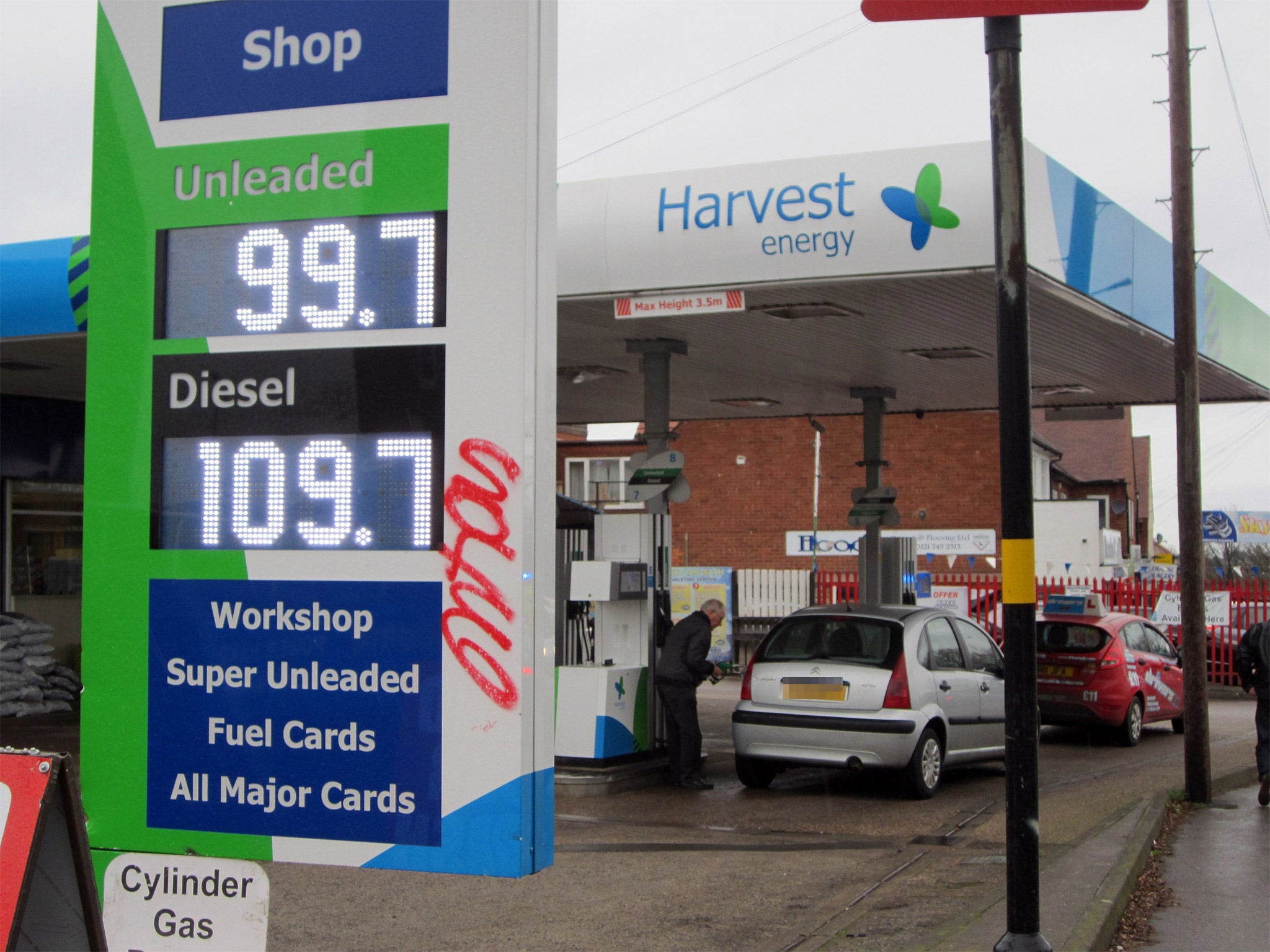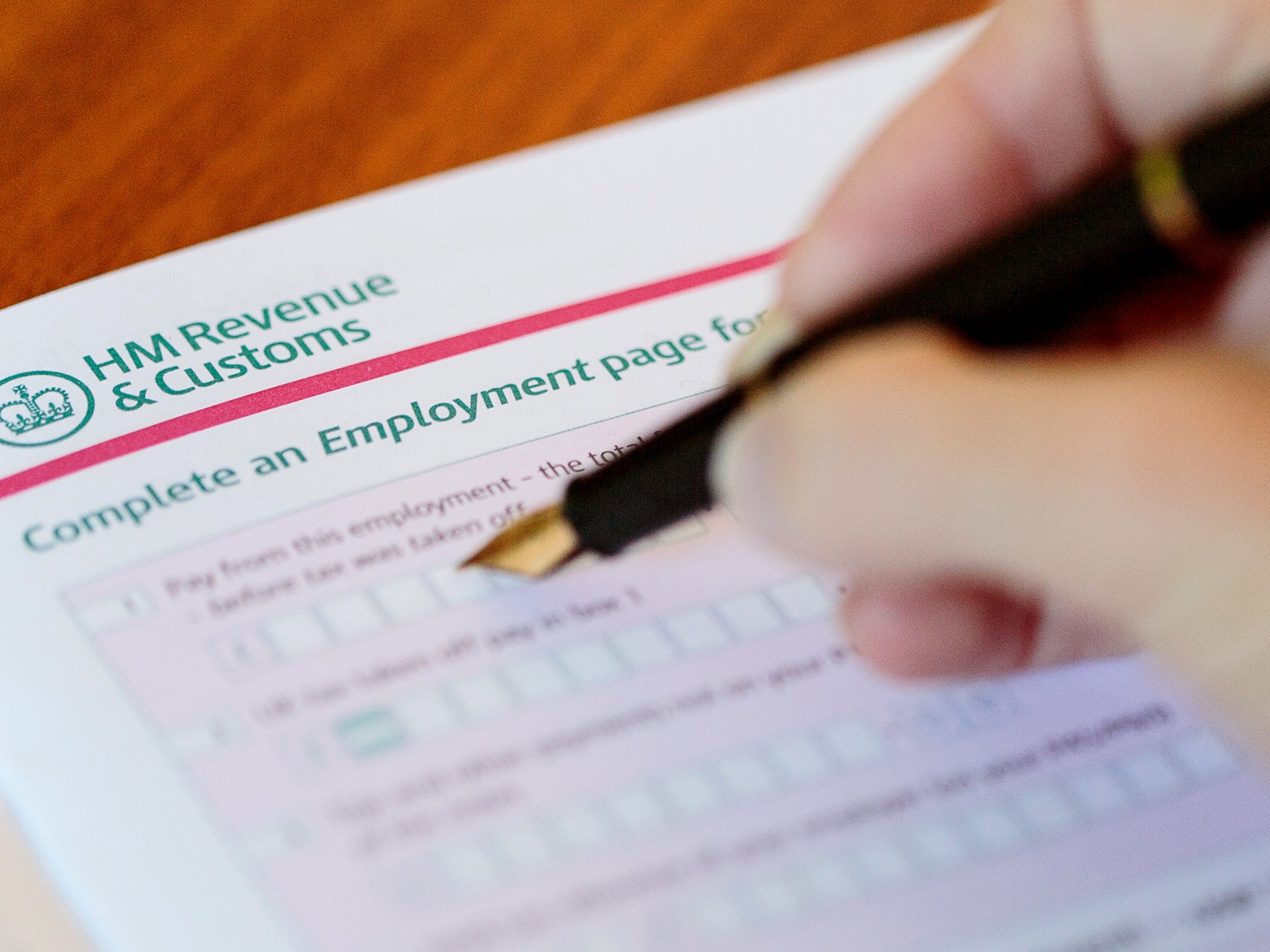Budget 2015 – what it means for you: The key points explained, from Fuel Duty to Help-to-Buy
There was a strong whiff of vote-winning in Osborne's Budget
There was a strong whiff of vote-winning moves in the Budget with promises of less tax, greater financial flexibility for savers and pensioners, and government handouts for first-time buyers.
Personal allowance
All taxpayers will benefit from the raising of the tax-free personal allowance, the amount you can earn each year without having to pay any income tax. We already knew it was climbing to £10,600 in April, but the Chancellor revealed it will rise to £10,800 in April 2016, and to £11,000 in 2017.
The increases to the personal allowance from when they stood at £6,475 in 2010, to when they climb to £11,000 in 2017-18 will save a typical taxpayer £905, Osborne reckons.
Higher-rate taxpayers haven’t been forgotten. The government will increase the point above at which higher earners start paying 40 per cent tax. It will increase by £315 in 2016 and by £600 in 2017 - taking the level to £43,300 for the 2017-18 tax year.
Simon Markey, chief executive of Family Investments said: “Anything that can ease the financial burden on families is to be welcomed. Families are still going through a difficult time and every generation is feeling the pressure.”
But Gillian Guy, chief executive of Citizens Advice, said: “Increasing the personal allowance will put extra pounds in the pockets of millions of people, but it is little help to those who are really struggling. A better way to help those on the lowest incomes would have been to raise the amount people earn before paying National Insurance – this really would take low-earners out of tax and ensure it pays to work.”
Personal savings allowance
Nineteen out of 20 savers will benefit from the new personal savings allowance when it comes into effect in April 2016. In the last Budget the Chancellor said that those with a taxable income of less than £15,600 won’t have to pay tax on their savings interest from this April.
From next year basic-rate taxpayers won’t have to pay tax on the first £1,000 of interest they get from their savings, while higher-rate taxpayers will be able to earn £5000 in interest and not pay tax on it.
Paul Whitlock, director of savings at Charter Savings Bank, said: “The news is sweet for those on lower incomes, and pensioners, who look set to benefit the most. However, historically low interest rates remain a not-so-subtle elephant in the room. While the Chancellor’s cut in tax on savings can be seen as a short-term crowd pleaser, only long term changes to interest rates will truly shape up our nation’s savings culture.”
Get a free fractional share worth up to £100.
Capital at risk.
Terms and conditions apply.
ADVERTISEMENT
Get a free fractional share worth up to £100.
Capital at risk.
Terms and conditions apply.
ADVERTISEMENT
Richard Lloyd, Which? executive director, said: "The tax break and new flexibilities on savings will prove popular with the millions who have got a raw deal on their savings in recent years. But there are still many savers whose money is languishing in extremely poor paying accounts so the financial industry must now play fair and help people get a better return.”
Help to Buy Isa
A new cash incentive for first-time buyers will be introduced in the autumn. Anyone who saves into a Help to Buy Isa –which will be offered by banks and building societies - will see their cash topped up by 25 per cent when they buy a house, up to a maximum handout of £3,000.
You’ll be able to save up to £200 a month, and get a £50 bonus for every £200 saved up to the limit. To reach that you’d need to save £12,000.

David Orr, chief executive at the National Housing Federation said: “The Help to Buy Isa will help people scrape together deposits but it fails to address the root cause of unaffordability – the chronic undersupply of homes, which has driven up prices. It also does very little for those languishing on social housing waiting lists, in temporary accommodation and the homeless – who are victims of an undersupply of affordable housing.”
Matt Hutchinson, director at SpareRoom.co.uk, said: “To get your maximum £3,000 bonus, with maximum monthly payments of just £200, you’ll be saving for four and a half long years. By which time, prices will likely have risen again and a £15,000 deposit won’t be enough. As for the bigger picture, the Help to Buy Isa will merely stoke demand without addressing the UK’s chronic supply problem.”
More flexible Isas
At the moment, if you take cash out of your Isa, you can’t put it back. But the restriction will be scrapped, probably by the autumn, so that you can take out your money and put it back in within the same year, without losing your Isa tax benefits - as long as the repayment is made in the same financial year as the withdrawal. As a reminder the Isa allowance is climbing to £15,240 in April.
Jennifer McNally, manager at accountants Blick Rothenberg, said: "This is great news. The ability to withdraw funds from an Isa and replace them at a later date is a real help for those who hesitate using them."
But Maike Currie, associate investment director at Fidelity Personal Investing, said: “George Osborne has effectively done is add some extra layers of complication to this savings vehicle, with few real benefits. Sometimes too much choice can be a bad thing.”
Fuel duty
The government has again scrapped the annual fuel duty increase, which was scheduled for September. It reckons by the April 2016 the five year fuel duty freeze will have saved the typical motorist £675.
Alistair Bingle, managing director at Bishop’s Move, said: “The fuel duty freeze gives industries, such as haulage, the breathing space in which to plan and grow over the next 18 months and thus, create more job opportunities.”
But Gillian Guy of Citizens Advice said: “The positive move on fuel duty provides a small gain for stretched households, but there was nothing to address challenges around childcare, energy bills and private rents. People on the lowest income benefit least from this Budget.”

Annuity sales
In a much-trailed move, pensioners who have already bought an annuity will from April 2016 be given the same freedoms as people aged 55 and over will enjoy form this April in that they’ll be able to take the cash from their annuity. There’ll still be tax to pay, but it will be cut from 55 per cent to their usual rate of tax they pay on income, whether that’s 20 per cent or 40 per cent.
Tom McPhail, head of pensions research, Hargreaves Lansdown, said: “The bird in the hand option of cashing in an annuity will be attractive to many. However there are significant practical obstacles to overcome before this option will be available and in most cases we would expect the guaranteed income an annuity provides to have a greater lifetime value than a cash payment now.”
Steve Groves, chief executive officer of Partnership, said: “It now falls to the Government and industry to create a safe annuity market which provides real value to consumers.”
Scrapping the tax return
The end of the annual tax return to be replaced by a digital tax account will prompt cheers among all those who endure the annual form-filling nightmare. It’s a lot of people, around 11 million, the Treasury reckons. Under the new system by 2017 those with simple tax affairs – such as the hundreds of thousands of high income parents who have only been forced to complete tax returns because they claim child benefit – will be released from the yearly drudge.

Soon after, hopefully, the rest of us with relatively simple financial situations will be able to control our tax affairs through our phone or laptop.
And by 2020 small businesses will be able to use the new digital tax accounts allowing them to have much better control over what tax they owe and when to pay it.
Charlotte Barbour, head of taxation at chartered account body ICAS said: “There is a risk that this could lead to the exclusion of those who are unable to use this delivery mechanism – the elderly, vulnerable and poor may not always a have adequate resources or inclination to file online.”
James Ward, private client partner at law firm Seddons, said: “The move toward digital tax accounts could prove to release millions of taxpayers from what is clearly a cumbersome and, for most, overly complicated process. For those with more complex tax affairs, investments or sources of income, little will change when it comes to tax despite this newly heralded digital era.”
Join our commenting forum
Join thought-provoking conversations, follow other Independent readers and see their replies
Comments
Bookmark popover
Removed from bookmarks